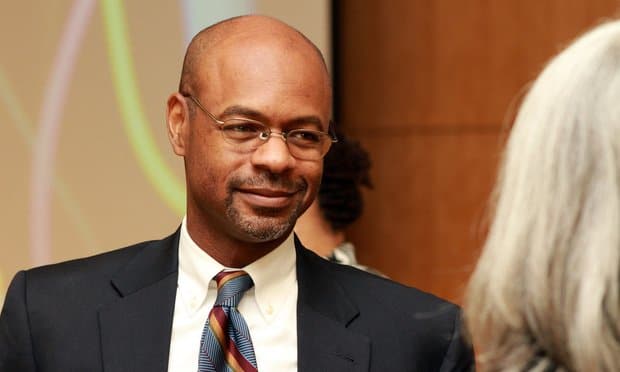![]()
June 24, 2019
Greg Land Staff Reporter
THE GEORGIA SUPREME COURT SAID SOVEREIGN IMMUNITY DOES NOT SHIELD CLAYTON COUNTY FROM A LAWSUIT BY COLLEGE PARK OVER THE DISTRIBUTION OF ALCOHOL TAXES AT HARTSFIELD-JACKSON ATLANTA INTERNATIONAL AIRPORT.
A long-brewing dispute between College Park and Clayton County over the distribution of alcohol sales taxes collected at Hartsfield-Jackson Atlanta International Airport is back on tap after the Georgia Supreme Court reversed a trial judge by ruling the county is not protected by sovereign immunity.
“Put in the simplest of terms in this case, the county is not a sovereign over the city, and the city is not a sovereign over the county,” wrote Chief Justice Harold Melton for the unanimous court.
“Neither entity retains a superior authority over the other that would prevent it from being hailed into a court of law by the other.”
The ruling marks the second time the justices have weighed in on the dispute, which they first remanded in 2017 with orders that the trial court decide whether sovereign immunity protected the county from suit.
Fulton County Superior Court Judge Henry Newkirk said it did, but Monday’s opinion found otherwise.
“A review of case law reveals that political subdivisions such as counties and cities generally have been allowed to sue one another at common law, both in England and Georgia,” Melton wrote.
College Park first sued the county in 2015, arguing that it was collecting and keeping taxes from wholesale and by-the-drink alcohol sales at the airport, where some areas of the concourse and terminals are in College Park and others in unincorporated Clayton.
The county instructed vendors to split the taxes collected within the city limits, but it kept all of the taxes from unincorporated Clayton. College Park argued that it and the county should each collect taxes in their areas, then split the proceeds 50-50.
Ruling on summary judgment, Newkirk agreed with College Park in 2015, ordering that each party collect the taxes due in their jurisdiction and then divide the funds.
He also ordered the county to conduct an audit and turn over half the taxes it had collected in years past, then estimated at about $2.5 million by the city’s attorney, Steven Fincher of Jonesboro’s Fincher Denmark LLC.
Clayton County appealed, and the 2017 opinion authored by Justice Michael Boggs said that, in light of then-recent precedent clarifying broad immunity from suit protection for government entities and officials, Newkirk’s ruling must be reconsidered.
Last year, Newkirk did just that, ruling that College Park’s claims were “barred in their entirety by sovereign immunity,” with the exception of a takings claim the city included in its complaint.
In Monday’s opinion the court found otherwise.
“Our Constitution did not create sovereign immunity; instead, it incorporated sovereign immunity from the common law,” Melton’s opinion said. “Therefore, we must look to the understanding of the common law doctrine of sovereign immunity in Georgia by 1974—the date at which Georgia gave the doctrine constitutional status.”
“While the “relevant text of our State Constitution regarding sovereign immunity has undergone certain revisions leading up to its current form,” it said, the doctrine “has been a part of our law for more than 230 years.”
“A review of case law reveals that political subdivisions such as counties and cities generally have been allowed to sue one another at common law, both in England and Georgia,” Melton wrote.
Given prior state and United States Supreme Court precedent, “the nature of sovereign immunity appears to be clear—the sovereign cannot be called into the courts of its own making by private persons without the permission of the sovereign.
“Of course, in Georgia, we have no king … the state of Georgia is the sovereign for purposes of sovereign immunity. This understanding of the nature of sovereign immunity, standing alone, strongly indicates that sovereign immunity has no application to the current litigation,” said Melton.
Fincher’s firm partner and co-counsel, Winston Denmark, welcomed the opinion, but said he regretted it has taken so long to have the case heard.
“When you look at the common law precedent, the outcome was almost certain,” said Denmark. “Now let’s get to the merits of the case, now that it’s almost five years down the road on an issue we wanted to resolve years ago.”
Denmark said the city has been trying to get more current numbers as to how much tax revenue the county has collected since the case was filed, but has been stonewalled.
“We’ve attempted to get those records and even filed a lawsuit under the Open Records Act,” he said, but the county refuses to divulge the information.
Clayton County’s counsel includes Richard Carothers and Amy Cowart of Buford’s Carothers & Mitchell and Wilson, Brock & Irby partner Larry Dingle. They did not respond to requests for comment.


